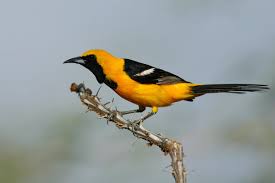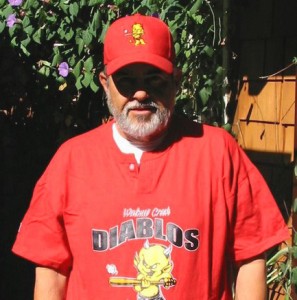 Andrew, who plumbed my house, quit the MFA program at Stanford to work in his uncle’s plumbing business. “The best writer in our group, one year ahead of me, struggled to find a job. If it was so hard for her, what hope was there for me?” He explained, while fixing my dishwasher. While he curls under my sink, we chat about who we are reading, who we should read next. When he went to Yosemite, he texted me photos of the rainbow over the falls; he had hiked six miles to get the right angle.
Andrew, who plumbed my house, quit the MFA program at Stanford to work in his uncle’s plumbing business. “The best writer in our group, one year ahead of me, struggled to find a job. If it was so hard for her, what hope was there for me?” He explained, while fixing my dishwasher. While he curls under my sink, we chat about who we are reading, who we should read next. When he went to Yosemite, he texted me photos of the rainbow over the falls; he had hiked six miles to get the right angle.
Martin installed the new cat doors and fixed the curtain rod that was pulling out of the sheetrock. He is from Mexico City, and keeps his horse in El Sobrante. His favorite author is Gabriel Garcia Marquez.
Frank, who built the redwood fence that keeps out the deer, recited Frost to me as he worked once he knew I wrote poetry. And yesterday, while Rob was replacing the ballast in the fluorescent in my husband’s workroom, we talked about Joan Didion’s essays versus her fiction. Continue reading “Home Repair in Berkeley”
 I remember Frost’s
I remember Frost’s 

